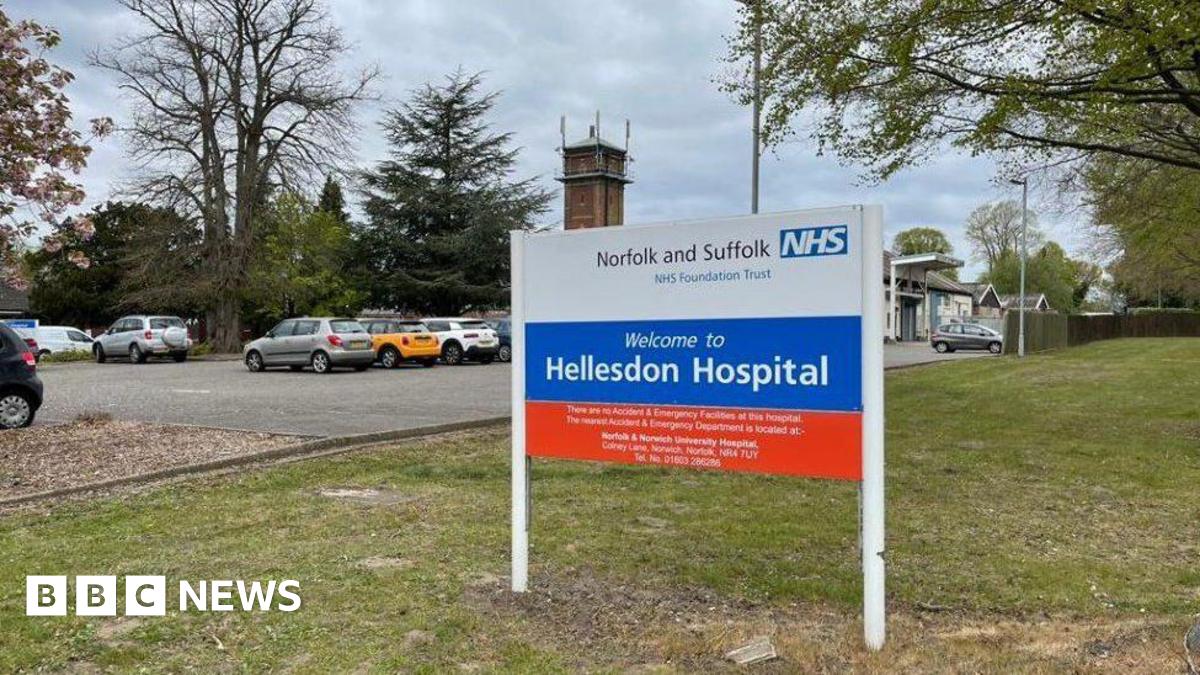Jimmy Lai's National Security Trial: Final Arguments Delayed Due to Health Concerns

High-Profile Hong Kong Activist's Trial Halted Amid Medical Concerns
The highly anticipated final arguments in Jimmy Lai's national security trial in Hong Kong have been postponed. The delay occurred on Friday after Lai’s legal team raised concerns about his health, citing heart palpitations. The presiding judges swiftly ordered a medical assessment for the pro-democracy media tycoon prior to proceeding.
Lai, the founder of the now-defunct Apple Daily newspaper, stands accused of violating Hong Kong’s National Security Law, a sweeping piece of legislation imposed by Beijing in 2020. The charges against him include collusion with foreign forces – allegations he vehemently denies. The trial has garnered international attention, with observers closely monitoring its implications for freedom of the press and democratic values in Hong Kong.
A History of Advocacy and Legal Challenges
Jimmy Lai has been a long-time advocate for democracy in Hong Kong, using Apple Daily to provide a platform for dissenting voices and critical reporting. His activism has made him a target of the Chinese government, and he has faced numerous legal challenges in recent years. Prior to this national security trial, Lai had already been imprisoned on other charges related to protests and public order offenses.
The postponement of the final arguments adds another layer of complexity to an already fraught legal process. While the judges emphasized the need to ensure Lai’s wellbeing, the delay also raises questions about the timeline for a verdict and the potential impact on the trial's proceedings.
International Scrutiny and Concerns
Lai's trial has drawn significant international scrutiny. Governments and human rights organizations worldwide have expressed concerns about the fairness of the proceedings and the potential for political interference. Many argue that the National Security Law is being used to stifle dissent and suppress freedom of expression in Hong Kong.
The delay, while understandable from a medical perspective, is likely to further fuel these concerns. Observers will be watching closely to see how the trial progresses once Lai receives the necessary medical attention. The outcome of this case could have far-reaching consequences for the future of democracy and press freedom in Hong Kong, and its impact will be felt beyond the city’s borders.
What Happens Next?
The court has not yet announced a new date for the final arguments. Lai will undergo a thorough medical examination, and the judges will determine when it is appropriate to resume the trial. The legal team will need to prepare for further proceedings, while the world continues to monitor the situation with keen interest.






.jpeg?width=1000&auto=webp&quality=75&crop=3:2,smart&trim=)